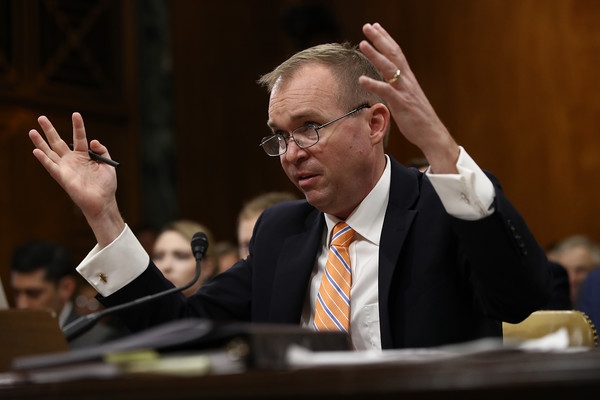Advertisement
Mulvaney Uncertain on CFPB Tenure Length

The Acting Director of the Consumer Financial Protection Bureau (CFPB) stated that he could remain at his job for another six months if a new full-time Director is not nominated by President Trump and confirmed by the Senate.
According to a report in The Hill, Mick Mulvaney told a U.S. Chamber of Commerce conference last week that he had "no idea" when he would be leaving the CFPB. “The statute allows me to stay until the end of June, but if the President nominates someone before then, the statute allows me to stay until they’re confirmed,” he said.
Mulvaney, is also Director of the Office of Management and Budget (OMB), repeated his long-held criticism that the CFPB’s structure created more problems than solutions when it came to enforcement matters.
“I am the judge, I am the jury, and I am the executioner in some of these investigations, and that is completely wrong,” Mulvaney continued. “If the statute requires us to do something, we will do it. If the statute doesn’t require us to do something, we will not do it.”
Mulvaney also praised the CFPB staff by noting that “most of the folks I work with are extraordinarily talented,” and he claimed the experience was a positive one. “I was expecting it to be much worse than it is. I was very worried that it would be me versus 1,700 people.”
To date, the President has not offered any clue on when a new CFPB Director would be nominated. The agency’s first Director, Richard Cordray, resigned last November in order to seek the Democratic nomination for governor of Ohio.
About the author





